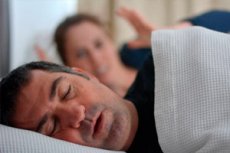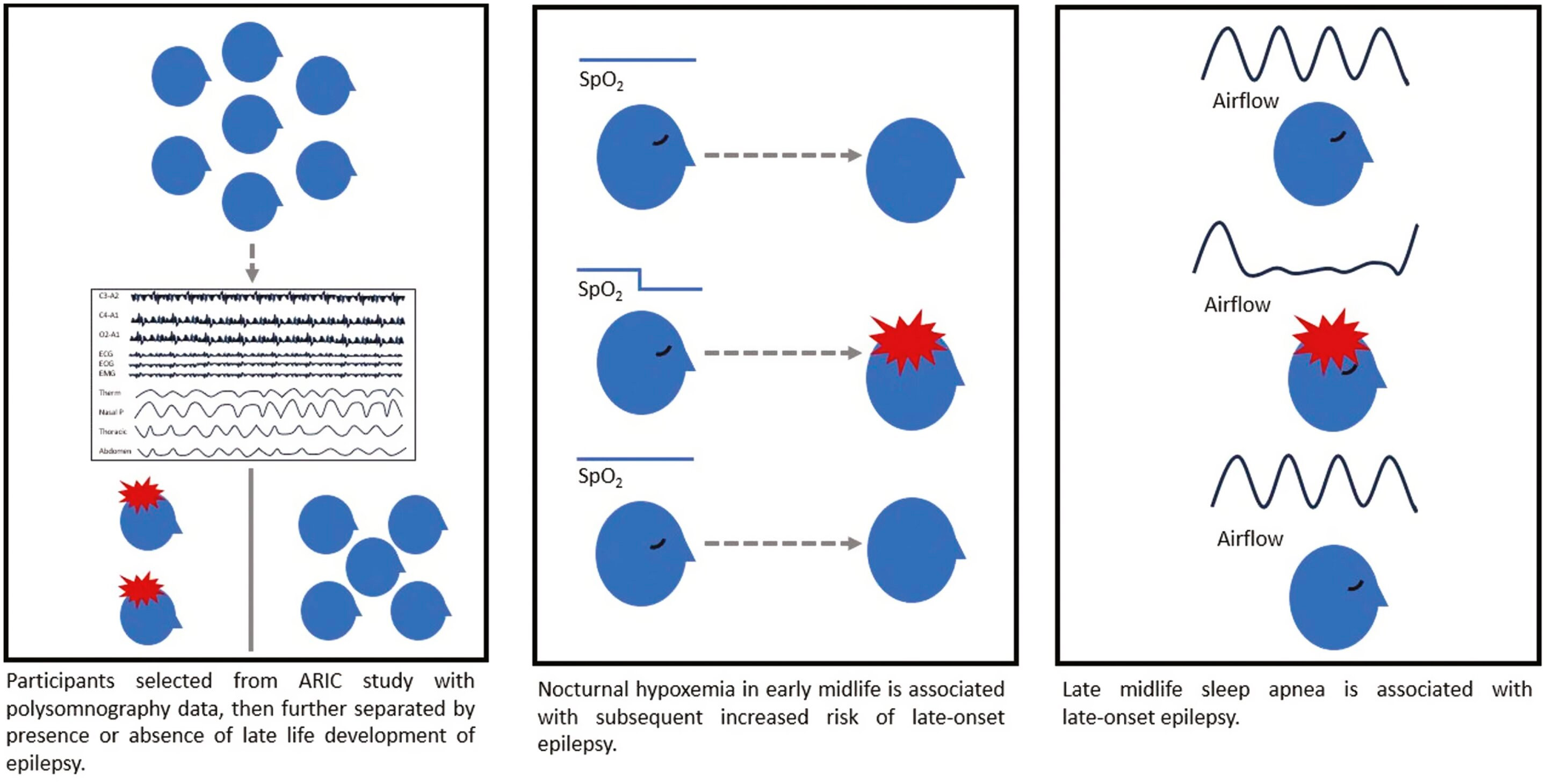
根据《睡眠》杂志发表的一项新研究,睡眠呼吸暂停和睡眠期间的低氧水平与 60 岁后首次出现的癫痫(称为晚发性癫痫)有关。
这种关联与其他已知的晚发性癫痫和睡眠呼吸暂停风险因素(如高血压和中风)无关。这些发现可能有助于更好地理解睡眠障碍与晚发性癫痫之间的关系,并确定潜在的治疗目标。
“越来越多的证据表明,晚发型癫痫可能表明存在血管疾病或神经退行性疾病,甚至可能作为神经退行性疾病的临床前标志,”美国国立卫生研究院国家神经疾病和中风研究所 (NINDS) 中风分部主任兼研究作者 Rebecca Gottesman 医学博士说。
与其他年龄段相比,老年人新发癫痫病例的比例最高,其中高达一半的病例病因不明。睡眠呼吸暂停在癫痫患者中很常见,但其与癫痫的联系尚不清楚。

由巴尔的摩约翰霍普金斯大学神经病学副教授克里斯托弗·卡罗塞拉博士领导的研究人员利用医疗保险数据识别晚发性癫痫病例,并分析了睡眠呼吸障碍和心血管疾病研究中 1,300 多名参与者的睡眠数据。
他们发现,睡眠期间血氧饱和度低于80%(即夜间缺氧)的人,患晚发性癫痫的可能性是血氧水平正常的人的三倍。此外,自述成年后患有睡眠呼吸暂停的参与者,患晚发性癫痫的可能性是没有睡眠障碍的参与者的两倍。
睡眠缺氧程度与晚发性癫痫相关,且与其他潜在疾病和人口统计学因素无关。作者指出,该研究未发现呼吸暂停-低通气指数(一种传统的睡眠呼吸暂停严重程度指标)与晚发性癫痫之间存在关联。
睡眠呼吸暂停已被证实是导致其他脑部健康问题(包括中风和痴呆)的风险因素,但其与癫痫的关联此前尚未被报道。与缺氧的关联表明,夜间反复长期暴露于低氧环境中可能导致大脑发生改变,最终增加癫痫风险。
该研究无法确定治疗或预防睡眠呼吸暂停是否可以降低癫痫的风险,但它确实表明这可能是降低晚发性癫痫风险的重要潜在目标。
卡罗塞拉博士表示:“找到任何类型的特发性癫痫的可逆病因,是癫痫研究人员或临床医生梦寐以求的目标。我们希望这项研究能够朝着这个方向迈出一小步,并激励对癫痫患者睡眠障碍的评估和治疗。”
由于睡眠呼吸暂停会影响心血管和大脑健康,这些发现最终也可能有助于识别患有其他一些疾病风险的人,从而提供潜在的治疗和预防机会。
未来的研究需要评估治疗晚发型癫痫风险患者的睡眠呼吸暂停是否有助于预防该疾病的发作。

